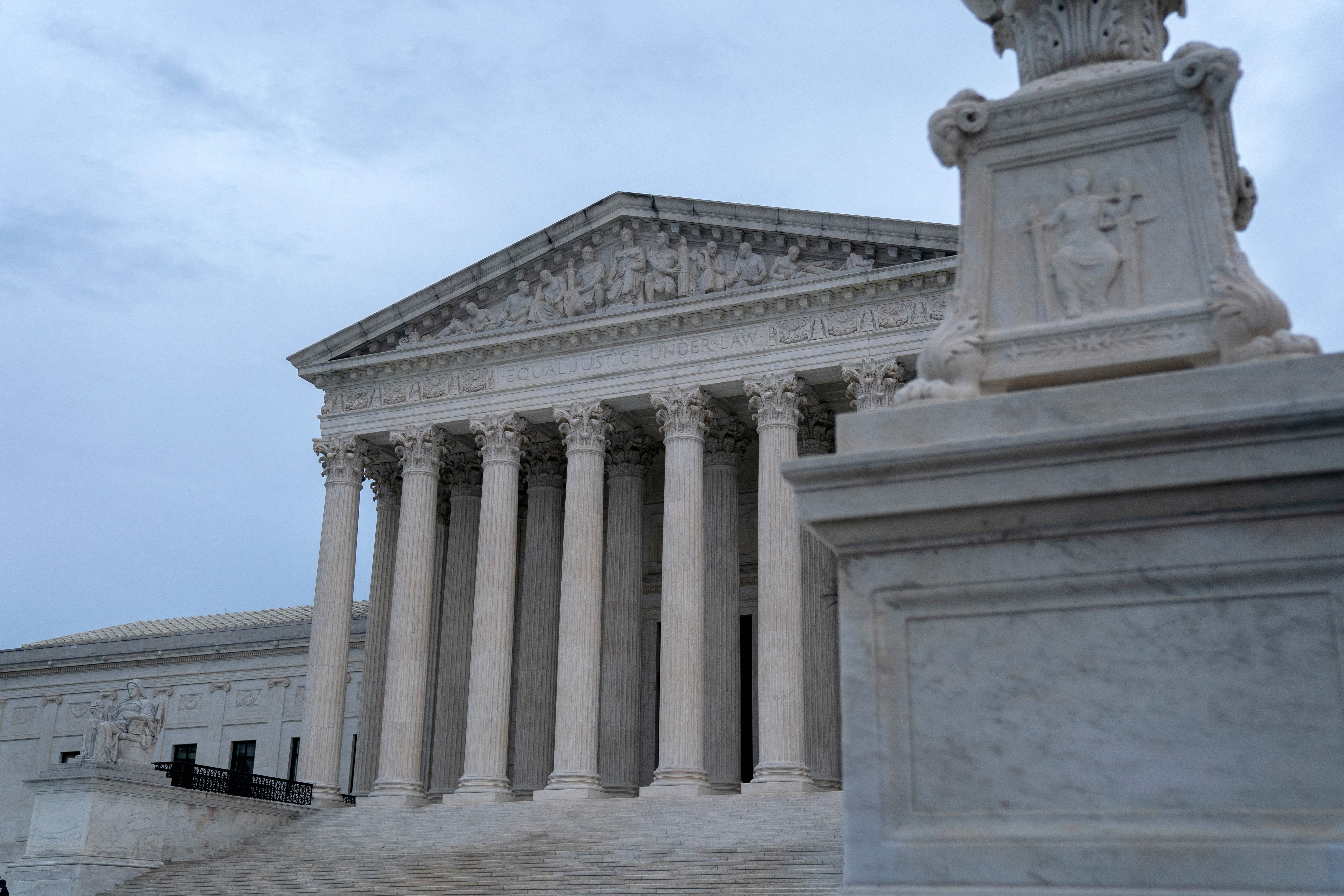Supreme Court to hear arguments over YouTube's liability in terrorist attack


A free daily email with the biggest news stories of the day – and the best features from TheWeek.com
You are now subscribed
Your newsletter sign-up was successful
The Supreme Court began its new term on Monday, and started by agreeing to take up a case examining the scope of immunity granted to tech companies related to user-posted content.
The case alleges that YouTube, and its parent company Google, is partially to blame for the death of an American woman during the 2015 ISIS terrorist attacks in Paris. Nohemi Gonzalez was one of 130 people killed during the attack, and the lawsuit brought by her family alleges that YouTube's algorithms "knowingly permitted ISIS to post on YouTube hundreds of radicalizing videos inciting violence," contributing to the 23-year-old's death, reports CNBC.
Google has argued that it's shielded by Section 230 of the Communications Decency Act, a law that says internet companies cannot be held responsible for content posted by their users. However, lawyers for the Gonzalez family have argued that Section 230 does not apply when the company's own algorithms are recommending dangerous content. The family is hoping to prove that YouTube violated the Anti-Terrorism Act, which would supersede Section 230's protections.
The Week
Escape your echo chamber. Get the facts behind the news, plus analysis from multiple perspectives.

Sign up for The Week's Free Newsletters
From our morning news briefing to a weekly Good News Newsletter, get the best of The Week delivered directly to your inbox.
From our morning news briefing to a weekly Good News Newsletter, get the best of The Week delivered directly to your inbox.
According to Bloomberg, the case will be the first time the Supreme Court will directly examine this law since it was passed in 1996. The case was one of nine that the Supreme Court agreed to take up on Monday.
The White House has made its stance on the issue clear — Section 230 is too wide-ranging. President Biden in September announced a slate of new "reform principles" related to tech companies, including the removal of Section 230 protections, along with requests to make privacy laws and internet algorithms more transparent.
A free daily email with the biggest news stories of the day – and the best features from TheWeek.com
Justin Klawans has worked as a staff writer at The Week since 2022. He began his career covering local news before joining Newsweek as a breaking news reporter, where he wrote about politics, national and global affairs, business, crime, sports, film, television and other news. Justin has also freelanced for outlets including Collider and United Press International.
-
 Local elections 2026: where are they and who is expected to win?
Local elections 2026: where are they and who is expected to win?The Explainer Labour is braced for heavy losses and U-turn on postponing some council elections hasn’t helped the party’s prospects
-
 6 of the world’s most accessible destinations
6 of the world’s most accessible destinationsThe Week Recommends Experience all of Berlin, Singapore and Sydney
-
 How the FCC’s ‘equal time’ rule works
How the FCC’s ‘equal time’ rule worksIn the Spotlight The law is at the heart of the Colbert-CBS conflict
-
 Will AI kill the smartphone?
Will AI kill the smartphone?In The Spotlight OpenAI and Meta want to unseat the ‘Lennon and McCartney’ of the gadget era
-
 Australia’s teen social media ban takes effect
Australia’s teen social media ban takes effectSpeed Read Kids under age 16 are now barred from platforms including YouTube, TikTok, Instagram, Facebook, Snapchat and Reddit
-
 Has Google burst the Nvidia bubble?
Has Google burst the Nvidia bubble?Today’s Big Question The world’s most valuable company faces a challenge from Google, as companies eye up ‘more specialised’ and ‘less power-hungry’ alternatives
-
 How the online world relies on AWS cloud servers
How the online world relies on AWS cloud serversThe Explainer Chaos caused by Monday’s online outage shows that ‘when AWS sneezes, half the internet catches the flu’
-
 Is the UK government getting too close to Big Tech?
Is the UK government getting too close to Big Tech?Today’s Big Question US-UK tech pact, supported by Nvidia and OpenAI, is part of Silicon Valley drive to ‘lock in’ American AI with US allies
-
 Google: A monopoly past its prime?
Google: A monopoly past its prime?Feature Google’s antitrust case ends with a slap on the wrist as courts struggle to keep up with the tech industry’s rapid changes
-
 South Korea's divide over allowing Google Maps
South Korea's divide over allowing Google MapsTalking Points The country is one of few modern democracies where the app doesn't work
-
 Google avoids the worst in antitrust ruling
Google avoids the worst in antitrust rulingSpeed Read A federal judge rejected the government's request to break up Google
